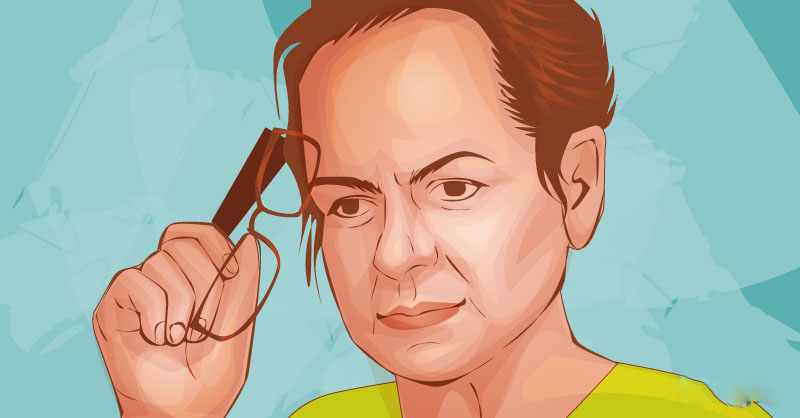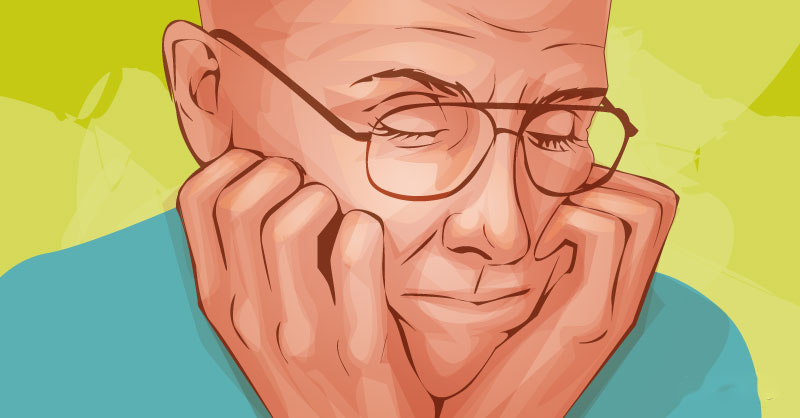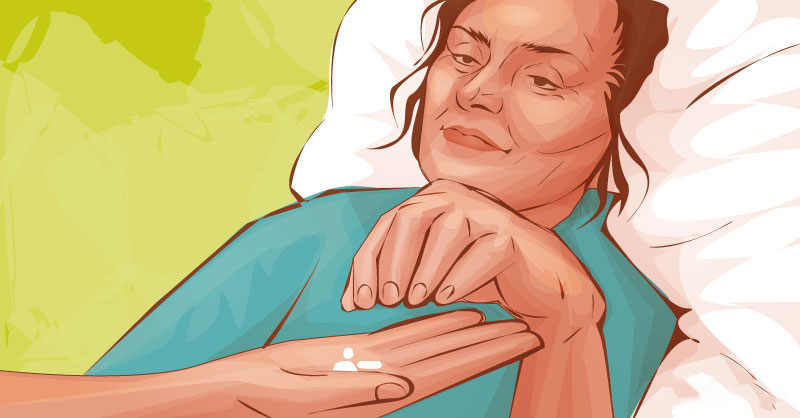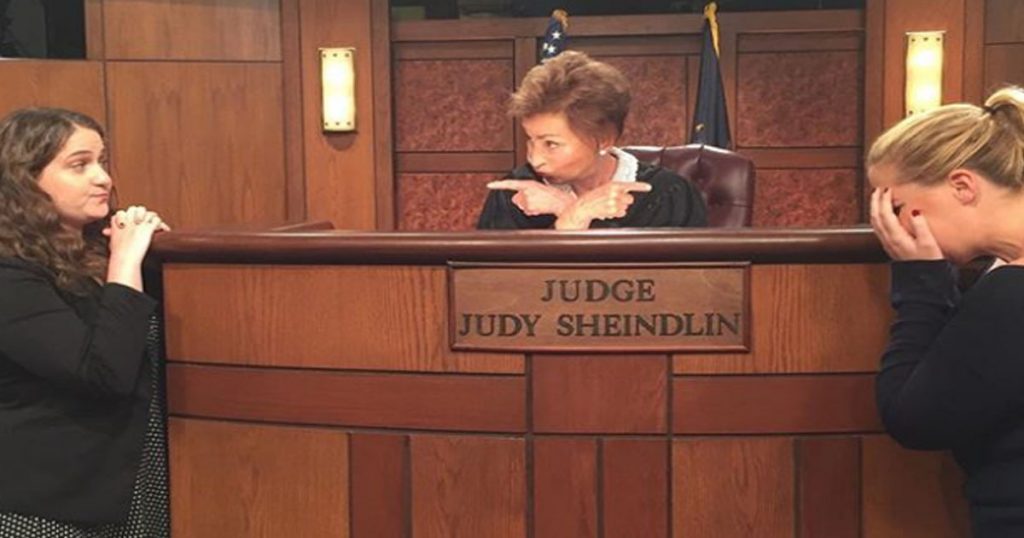People are sometimes confused as to which term to use – Alzheimer’s disease or dementia – and what they mean. In some cases, these two terms can be used interchangeably, but there’s a clear distinction between their definitions. Below is the explanation on how Alzheimer’s disease and dementia are different and what they have in common.
What is dementia?
Dementia is an umbrella term used to describe diseases marked by cognitive decline. Alzheimer’s disease is the most common form of dementia; according to WebMD, about 60% to 80% of people with dementia have Alzheimer’s. Other types of dementia include vascular dementia, dementia with Lewy bodies, mixed dementia (has multiple causes), frontotemporal dementia, Creutzfeldt-Jakob disease, Huntington’s disease, and normal pressure hydrocephalus. People who have Parkinson’s disease also develop dementia. Other factors that may lead to dementia symptoms include infections (such as HIV), stroke, depression, and drug abuse.

Common signs and symptoms of dementia depend on the cause and may include the following:
- memory problems;
- confusion;
- impaired reasoning and judgment;
- decreasing ability to produce and understand speech;
- lack of focus and concentration;
- altered visual perception (such as an inability to see the difference between colors and recognize movement, or hallucinations – in some cases);
- changes in mood and behavior, such as depression or aggression.
What is Alzheimer’s disease?
Alzheimer’s disease is a progressive disease of the brain, which usually starts in older age. According to WebMD, most cases are diagnosed in people older than 65. Beta-amyloid plaques and neurofibrillary tangles form in the brain affected by dementia; they disrupt communication between neurons and destroy them.

Symptoms of Alzheimer’s disease include:
- trouble recalling events and conversations that happened recently;
- apathy and/or depression;
- disorientation;
- behavioral changes;
- difficulty speaking, swallowing, and walking (in later stages of the disease).
How are Alzheimer’s disease and dementia treated?
Treatment of dementia depends on the cause and varies greatly. Dementia is most likely to improve with treatment if it was caused by metabolic disorders, hypoglycemia, tumors, or drugs.

Treatment of Alzheimer’s disease is focused on managing the symptoms and usually involves the use of the following:
- antipsychotic drugs;
- antidepressants;
- sleep medicines;
- medications to slow down the decline in memory;
- alternative remedies to improve brain function, such as fish oil or coconut oil.
What is the prognosis for patients with Alzheimer’s and other forms of dementia?
In most cases, dementia is progressive and irreversible. However, in some cases, such as when dementia was brought on by drug use or vitamin deficiency, brain function can be restored. Most types of dementia shorten the patient’s lifespan, but dementia itself isn’t the cause of death – it’s the complications resulting from the condition to which patients eventually succumb.
Patients diagnosed with Alzheimer’s are expected to live another 4–8 years on average after the diagnosis, but some people with the disease can survive for up to 20 years.





